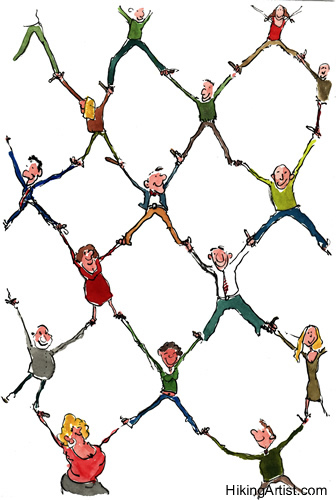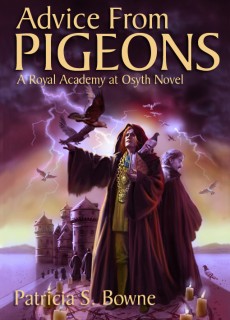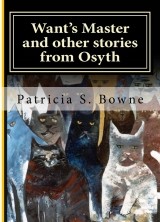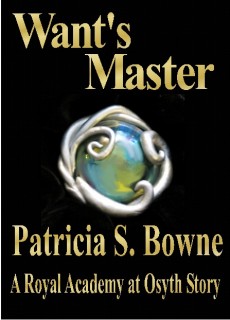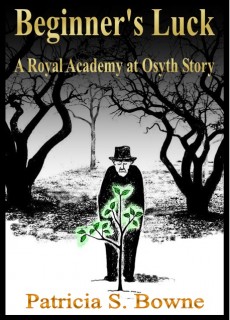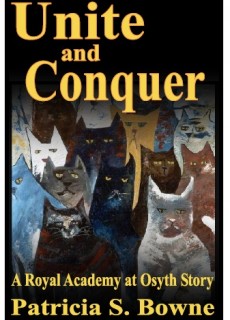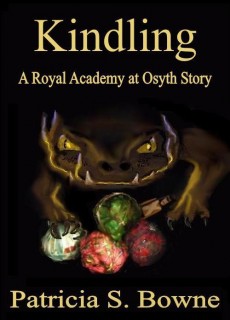Being at the intersection of academia and SFF has been like watching two battlegrounds lately. But the wars have been almost entirely within the ranks, between progressives and liberals, so I thought they were politically irrelevant.
After all, when a liberal says something, is schooled by a progressive, and humbly apologizes, nobody’s vote has changed. Just in case any of us thought it might, it’s been repeatedly pointed out to us that someone who abandons a commitment to social justice just because they were yelled at on the internet is a fragile, sniveling turncoat whose only real commitment was to self-righteousness.
Liberals are safe targets. Their manners and opinions can always be corrected, and they’re not going to turn around and vote for Trump out of resentment.
Even when Sad Puppies and Gamergate and Heterodox Academy came along, I still kept viewing these internal battles as safely left-wing. I didn’t like the prospect of a world of tiptoeing around and watching one’s every word, but I really saw no alternative. Even when I read debates and thought ‘that liberal’s mistake was in sympathizing with these bullies in the first place,’ I never considered becoming conservative.
I was stupid. I apparently thought that nobody less liberal than myself knew how to use the internet. Even when every article that challenged the PC policing garnered pages full of comments thanking the author for saying what the commenters dared not say, I still thought everybody posting was safely liberal and that the only potential republican voters in the picture were the ones over at Mad Genius Club.
How dumb was that? A lifelong liberal like myself can be brought to ‘To hell with this and its little dog, too,’ yet politically undecided observers were supposed to just take no notice?
It’s common to say that you can judge character by watching how someone treats subordinates. I now think you can also judge it by watching how people treat their friends and allies. People on the sidelines can see how much damage is done by friendly fire. They can imaginatively put themselves in the participants’ shoes, and ask ‘Do I want even one iota of this in my life or my children’s lives?’
I imagine myself as a truly undecided voter, standing in that booth on election day where nobody can see or comment on what I’m about to do. I imagine myself asking myself which side I want in my life for the next four years. Weighing economics, concern for various identity groups, the general feel of the future each side conjurs up. What will my life be like if each group prevails? What does it look like in settings where these groups have prevailed? Which of those would I want to live in, to engage with? How do they treat their friends?
I voted for Hillary because I care about a lot of people who have reason to fear the racist end of Trump’s coalition. I want them to be happy and secure. But on a lot of other levels, my vote for her felt like giving up hope. I don’t want to live in a PC future. I don’t want positions that were respectable in January to be ‘bigoted’ by June. I want off the euphemism treadmill, and into a world where we – at least those of us on the same side – treat each other as if we meant well.
Undecided people are watching. I want them to see something they’d like to be part of.




